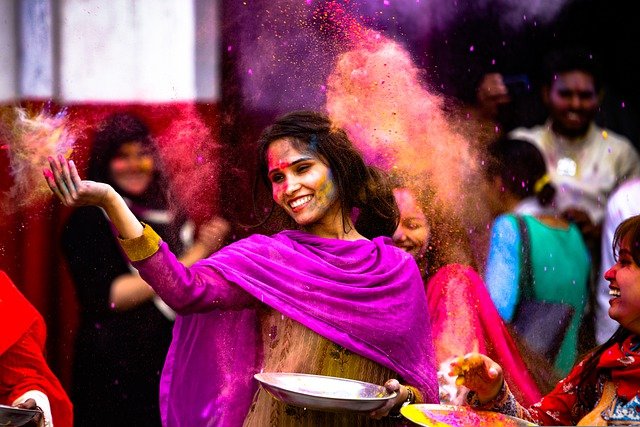Cultural sociologists define "culture" as all socially situated forms and processes of human meaning-making, regardless of whether they take place in specialized institutions or are restricted to a single, clearly defined group.
Instead of focusing on a specific factual area or institutional domain, cultural sociology is a field of social investigation into the construction of meaning that is determined by its analytical viewpoint. Cultural sociologists look at how meaning is created, why meanings change, how meanings affect behavior, and how meanings play a key role in fostering conflict and cooperation. This analytical viewpoint applies to a wide range of substantive issues and social contexts, advancing knowledge of important sociological issues like stratification, political institutions, social movements, and economic action as well as specialized areas of cultural production like the arts, media, science, and religion.
Only in the later decades of the twentieth century did sociological research on culture show considerable intellectual and institutional progress as a field of study. Since the 1970s, there have been more frequent calls for new sociological approaches to culture that do not focus solely on the study of subcultures or on the analysis of expressive artifacts like works of art, avoid idealism and reductionism, and do not make overly generalized assumptions about consensus or ideology. Starting from a number of distinct positions, cultural theorists rejected the opposing perspectives that had previously dominated sociological approaches to culture and instead proposed a wide range of conceptual innovations that led to more specific explanations of meaning-making processes.
Due to the complicated historical origins and intellectual development of the concept of culture, it has long been both expansive and ambiguous. For much of the twentieth century, cultural analysis was not typically regarded as being essential to sociological research. However, sociologists now define culture as the objects, categories, norms, values, practices, rituals, symbols, worldviews, ideas, ideologies, and discourses that result from human processes of meaning-making. According to the empirical topic and theoretical perspective, they currently identify and analyze three different types of influences on meaning-making: institutional production, interactional process, and textual structure, emphasizing each dimension to varying degrees and frequently debating their relative importance.

Bibliography:
Bourdieu, Pierre; Critical Theory/
Frankfurt School; Cultural Studies; Discourse;
